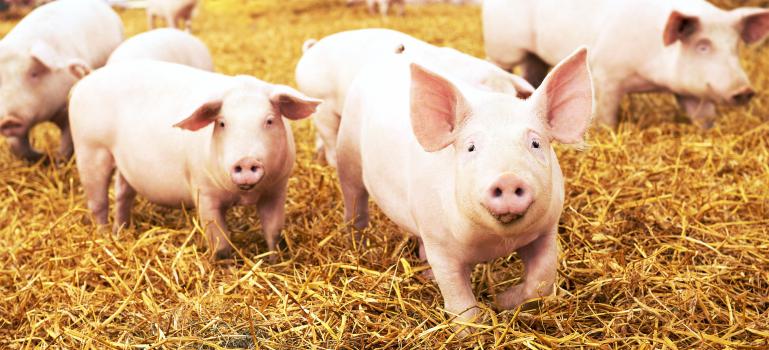Supervisory Activities in 2019
Today, EIOPA published its report on supervisory activities in 2019 highlighting activities and achievements throughout the course of the year, covering both prudential and conduct of business supervision.
A key area of work in 2019 focused on proposing amendments to Solvency II in the context of the 2020 Review of Solvency II as a result of the identification of inconsistencies in the implementation of some areas of Solvency II. This knowledge lead in some cases to proposals to amend the legislative framework while in others it allowed for the identification of areas where further work is needed from a supervisory convergence perspective. Both approaches should contribute in the future to ensuring a more consistent application of the framework. Also in the context of Solvency II, EIOPA published a Supervisory Statement on the application of the proportionality principle in the supervision of the Solvency Capital Requirement.
To promote a common supervisory culture, as a result of findings from a thematic review on consumer protection issues in travel insurance, EIOPA issued a warning to insurers and insurance intermediaries to tackle high commissions for travel insurance products as a supervisory response.
To minimise risks to the internal market and level playing field, EIOPA took important steps on the use of product intervention products, with market monitoring of consumer trends highlighting areas where conduct risks are emerging or continue to persist. In addition, peer reviews continued as a valuable tool to identify areas for convergence in supervisory practice, as well as good practices. In 2019, EOPA conducted a peer review on the Regular Supervisory Report.
In the area of supervision of emerging risks, EIOPA concluded a thematic review on the use of Big Data analytics in motor and health insurance and carried out a public consultation on draft Guidelines on information and communication technology security and governance.
Throughout the year, EIOPA continued its oversight activities with active participation in 53 cross-border colleges, cooperation of cooperation platforms focused on undertakings operating cross-border and bilateral engagement with national supervisors. EIOPA also strengthened its oversight activity on conduct of business, initiating bilateral visits to National Competent Authorities.
Looking ahead, EIOPA will focus is supervisory work on activities set out in its Supervisory Convergence Plan.

